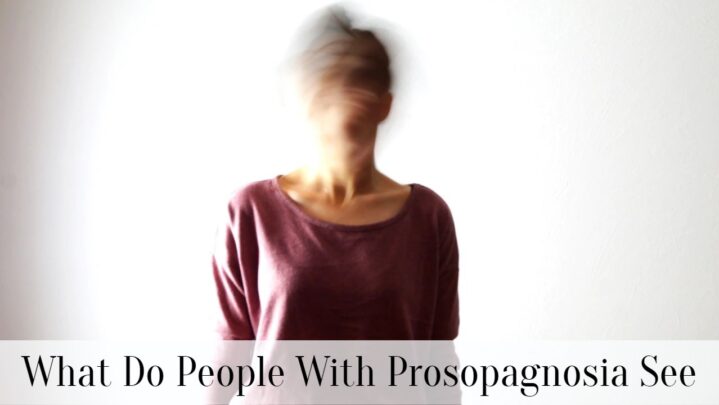An inability to recognize familiar faces, sometimes even their faces, is a symptom of cognitive impairment of face perception. Prosopon is the Greek word for “face,” while agnosia is the word for ignorance. Apperceptive and associative prosopagnosia are the two forms that are recognized.
Prosopagnosia Types
The apperceptive kind of prosopagnosia is the condition where a person’s ability to recognize faces is impaired due to perceptual abnormalities.
Despite having accurate perceptual information, the associative memory fails to retrieve a previously stored representation of a face that is required (absolute) for recognition.
The majority of the time, acquired brain injury is the cause of prosopagnosia, however, it may be a result of a developmental problem or be congenital. Those who have prosopagnosia can also recognize people by other cues, such as voice.
Identification Of Prosopagnosia
The history and neuropsychological testing are the main diagnostic criteria for this illness. The patient is frequently asked to recognize the faces of well-known people as part of a test. The Benton Face Recognition Test is an additional piece of standardized testing. Here, the person is presented with a target face and instructed to choose which of the six test faces matches the target face. Prosopagnosia is mostly treated in accordance with the source of the condition. The reason and the patient’s response to treatment both affect the improvement.
What Effect Has It Had on Social Life?
Though it may seem weird, prosopagnosia is a medical condition that can have a significant negative effect on a person’s social life. For instance, prosopagnosia can make partnerships more challenging to build than typical. This would play a part in both a personal and professional context. As a result, it is hard to draw a connection between anxiety, social stress, and depression.
Why Is Facial Recognition Hard?
It is not necessary for everyone to have the same level of prosopagnosia. The ability to distinguish and recognize the faces of strangers or persons they may not know well may be difficult for those who have modest prosopagnosia or who exhibit its symptoms.
The faces of people they are frequently exposed to may be difficult for those with moderate to severe prosopagnosia to recognize. One example of this is being unable to recognize the faces of one’s family members or even close acquaintances.
When the condition is particularly severe, the person may begin to perceive their own face as a difficulty or become incapable of processing it.





